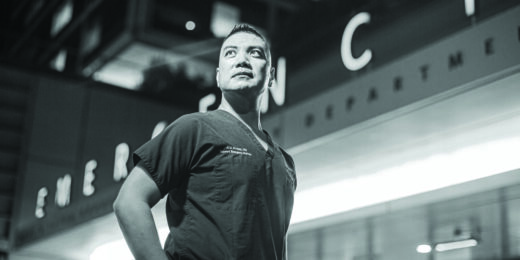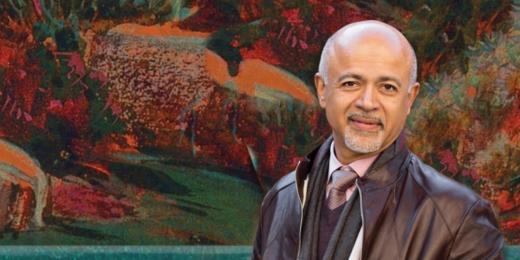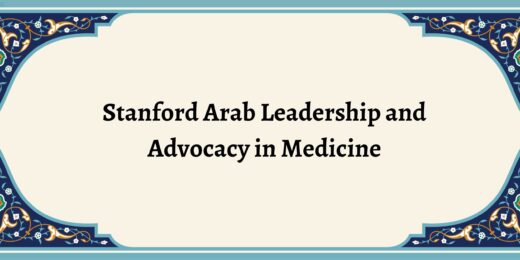Stanford Medicine's Jeffrey Goldberg believes a young, underexplored class of therapies called gliotherapeutics, which target and harness glia, will ultimately provide important new directions for treatment.
Author: Emily Moskal
The endometriosis enigma: What to know about this disruptive disease
Despite the fact the disease greatly reduces the quality of many women’s lives, endometriosis remains understudied.
Emergence program provides socially conscious entrepreneurs an on-campus incubator
Emergence comprises some 100 experts, serving as speakers, advisors or mentors, that guide how to identify societal needs and carry out the entrepreneurial process.
AI, medicine and race: Why ending ‘structural racism’ in health care now is crucial
Health care providers must reckon with inherent race-based biases in medicine, which can reinforce false stereotypes in algorithms and lead to improper treatment recommendations or late diagnoses.
How can medicine achieve more diversity in clinical trials?
Bonnie Maldonado speaks to the importance of broadening inclusivity of clinical trials to ensure treatments work for all people.
Scientists use video games to measure the eye-brain-body connection
Stanford Medicine researchers have found a way to track vision performance and eye health through video games.
From brain injury to support group
For Kaitlyn McCaffery, a brain injury survivor, finding community was the key to lifting her spirits during recovery.
A night in the life of an emergency department physician
Al’ai Alvarez, MD, a night shift doctor, or nocturnist, illuminates the culture and environment of the emergency department at night.
Imaging multiple sclerosis
Researchers developed a novel way to image inflammation in multiple sclerosis, a disease that is notoriously difficult to diagnose early.
Tips for night workers from an emergency department physician
Al’ai Alvarez, MD, a nocturnist, explains how to take care of yourself when you’re on the overnight shift.
Restoring the blood-brain barrier?
Stanford Medicine scientists and collaborators discover a treatment in mice to repair the blood-brain barrier, which is key to brain health.
Rethinking hospital diets: personalized, healthy, real food
Stanford Medicine doctors, dietitians and nutritionists rethink what it means to have healthy food for hospital patients.
Scientists get a new view of digestion
Stanford Medicine researchers and others create a new device to sample the insides of the small intestine, including bile and bacteria.
Physician-novelist Abraham Verghese on the power of fiction
A writer and a physician, Abraham Verghese finds inspiration in medicine for his latest novel, The Covenant of Water.
What does it mean to be neurodiverse in medicine?
Stanford Medicine neurodiversity and autism expert Lawrence Fung discusses what it means to be neurodiverse in medicine.
Supporting Arab American students, community at Stanford Medicine
To better understand health issues for Arab Americans, the Arab Leadership and Advocacy in Medicine group advocates for representation.

















